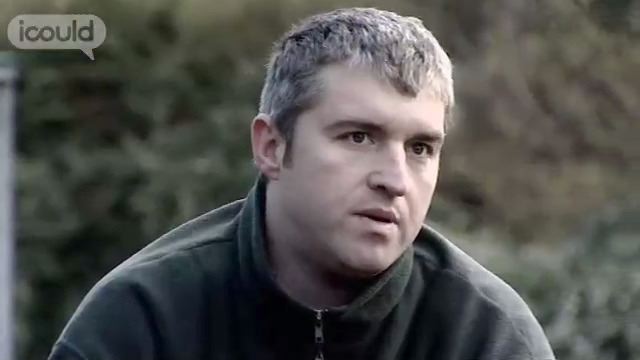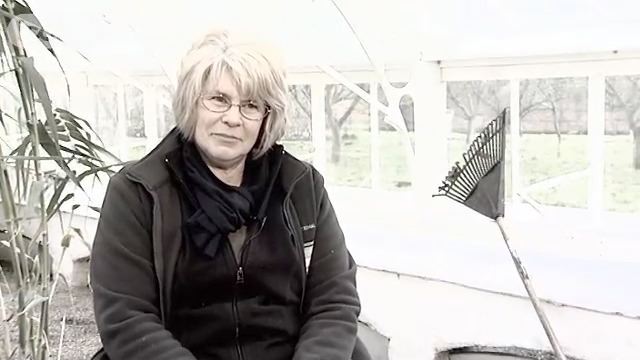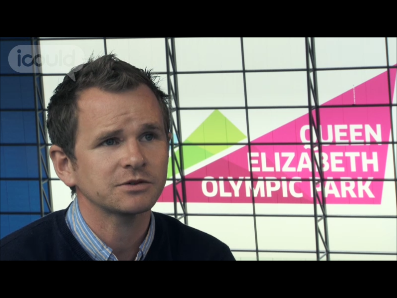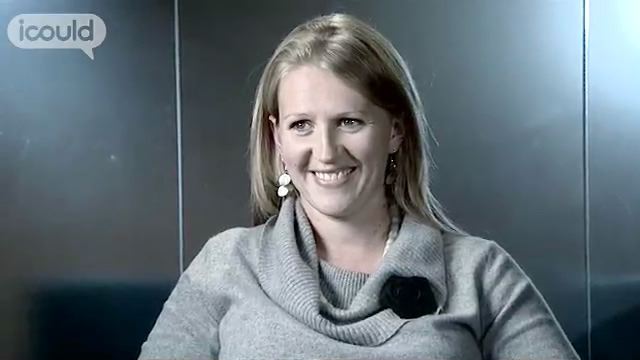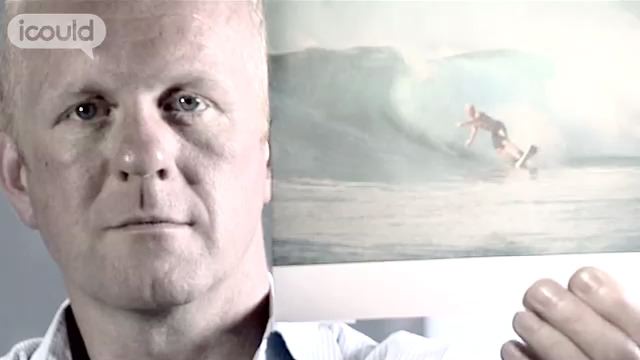Landscape Architect
Halcrow
Lorna D
00:00:03 My name is Lorna D, and I’m a Landscape Architect in a company which is called Halcrow. I create spaces that people want to live in, and also open up the opportunity for encouraging wildlife, and encouraging habitat creation.
00:00:19 When I first went to study Landscape Architecture, after three years I went to do a placement year in an architects’ firm. And within this architects’ firm I was given the brief to design a square. My job was to create a place which would facilitate the people within the town, and give them an outdoor garden, which they could then go and spend their time in. It gave them a pride of place, and by having a pride of place it meant they maintained it, which meant it was a success.
00:00:51 When I was at school I wasn’t actually the most academic of students. I wasn’t particularly focused on anything, because I really had no idea as to where I was going to go, or what I was going to do. I wrote a list of all the courses that I could do with what I’d done at school – which was Geography, Art and Design, and Design and Technology. So having written this list down, I shut my eyes, and I got a pen, and I stuck it in the page. And it stuck on Landscape Architecture.
00:01:22 I’d say a turning point in my life was actually deciding that Landscape Architecture is something I want to do, so I need to embrace it and do it whole-heartedly. But another turning point in my life was actually saying right, there’s work and there’s play. And it’s really important for me that I play as hard as I work.
00:01:43 I spend most of my weekends escaping to the country. I have a horse, and he’s my play time. And I also am a silversmith outside of work. So that gives me the opportunity to be creative.
00:01:56 Work has obviously taken me to different places. Every time you move it’s quite – it’s a big step. And that was – I mean the biggest step was when I first decided – I come from mid-Wales – and I decided actually I didn’t want to be at home, I wanted to go somewhere, and I wanted to go on an adventure. So I thought right, I’ll move to Scotland, and we’ll see what happens there. And then you meet people and you suddenly discover that actually it’s really – you know, the adventure’s worked out. If it doesn’t work out, what’s to say you can’t go somewhere else.
00:02:29 I don’t think planning long term is necessarily the best thing to do. It’s good to have a goal, but you mustn’t think that a goal is concreted into the ground, or I don’t think – my goals are pretty flexible. So last year I decided I wanted to take time out of work, so I went to Australia and travelled Australia. And when I came back from that, I’d discovered lots of new places, and I’d seen lots of new things, and so I was ready to do work again. And my next goal is to improve my position within the company I work in. But then certainly five or ten years’ time I hope to have seen a lot more of the world, and I hope to have – yeah, just see what happens.
00:03:13 If I could, I would like to drive from the south to the north of Australia through the middle, and then I would like to come down the West Coast. All on my own. And actually take the challenge of going somewhere that not many people go, seeing things that not many people see, and just enjoying meeting all the people that you meet when you travel on the way.
ENDS
Lorna D is a Landscape Architect at Halcrow – “I create spaces that people want to live in, and also open up the opportunity for encouraging wildlife, and encouraging habitat creation.” But she chose the subject by chance. “I wrote a list of all the courses that I could do with what I’d done at school – which was Geography, Art and Design, and Design and Technology. So having written this list down, I shut my eyes, and I got a pen, and I stuck it in the page. And it stuck on Landscape Architecture.” Now she had decided that it was a good choice, and it really is something she wants to keep on doing.
More information about Gardeners and landscape gardeners
The UK average salary is £29,813
There are 37.5 hours in the average working week
The UK workforce is 47% female and 53% male
Future employment
- Levels ground and installs drainage system as required;
- Prepares soil and plants and transplants, prunes, weeds and otherwise tends plant life;
- Protects plants from pests and diseases;
- Cuts and lays turf using hand and machine tools and repairs damaged turf;
- Prepares or interprets garden design plans;
- Moves soil to alter surface contour of land using mechanical equipment and constructs paths, rockeries, ponds and other features;
- Performs general garden maintenance.
